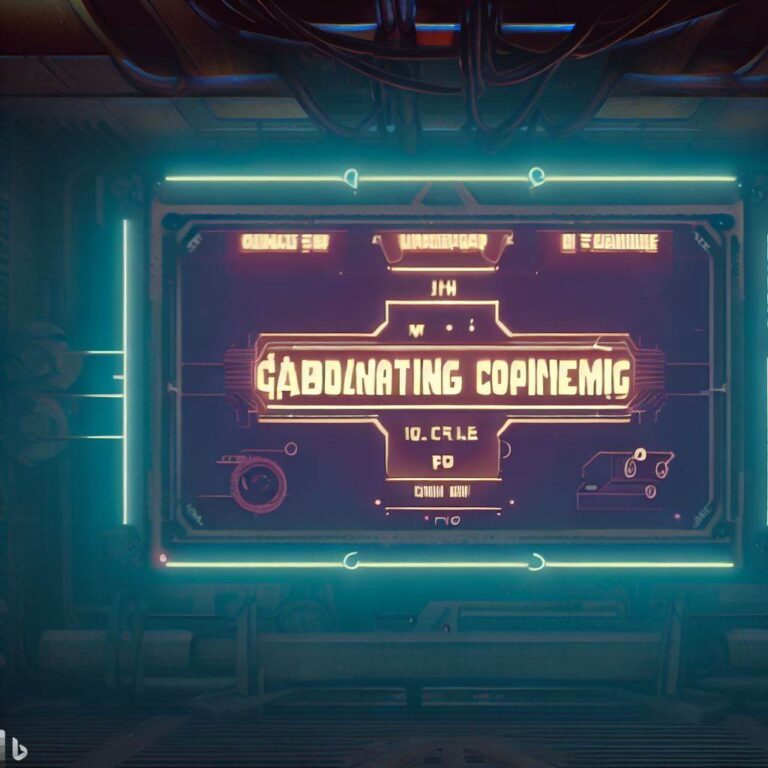
Accelerationism Meets Gamification: A Look at the Convergence in the Framing of Online Narratives
Petra Regeni is a member of the Extremism and Gaming Research Network (EGRN). EGRN brings together world-leading counter-extremism organisations to develop insights and solutions for gaming and



